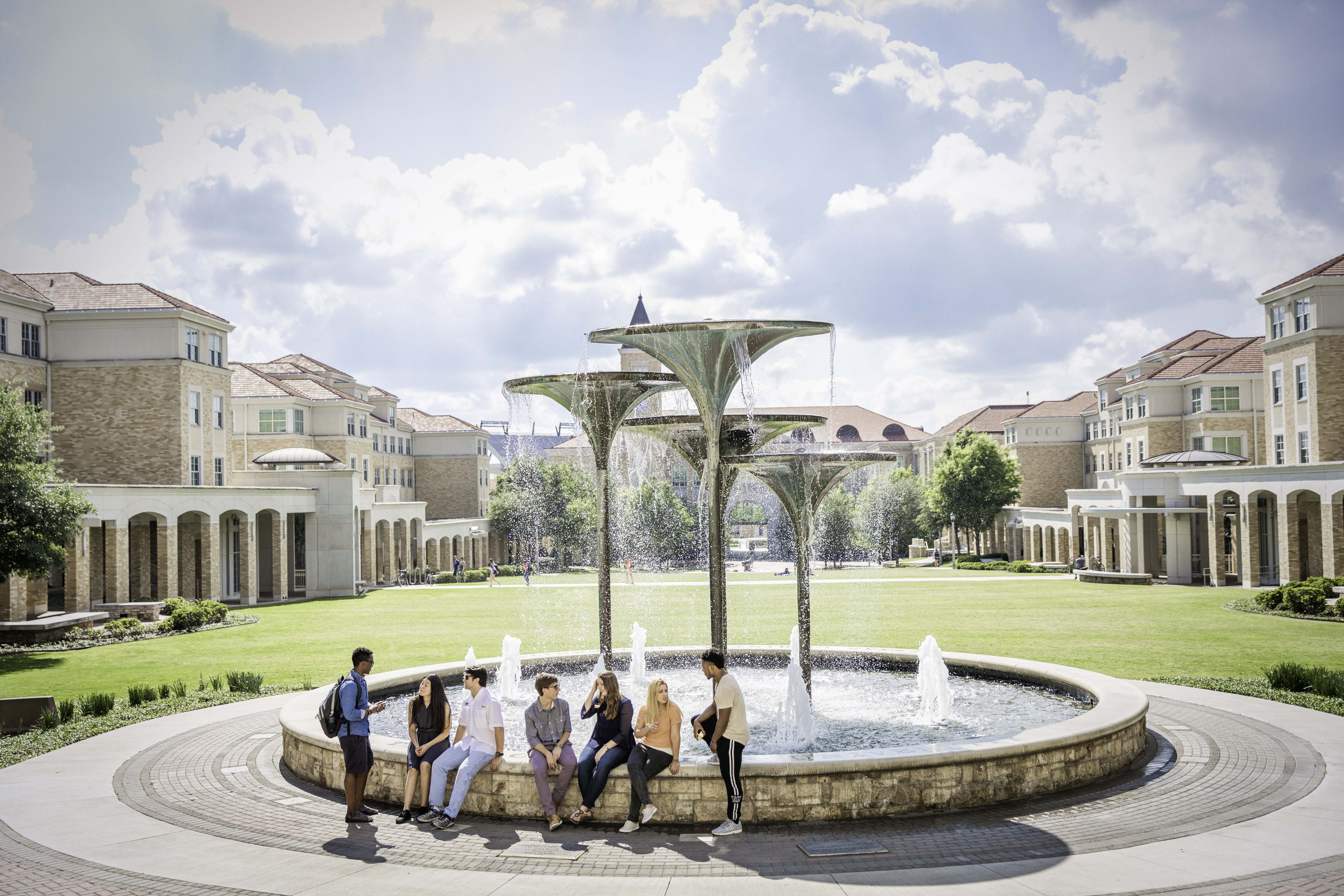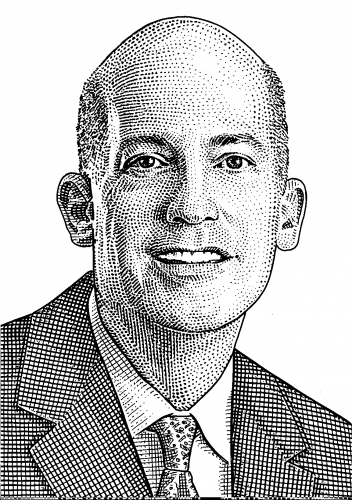TCU Students Can Do Anything
These words caught my eye recently: “What can you do with a liberal arts degree from AddRan? Anything.”

Photo by Erin Little
TCU Students Can Do Anything
These words caught my eye recently: “What can you do with a liberal arts degree from AddRan? Anything.”
I believe wholeheartedly in this statement for a number of reasons. The value of a liberal arts education, Albert Einstein said, “is not the learning of many facts, but the training of the mind to think something that cannot be learned from textbooks.”
Liberal arts students become lifelong learners, growing in critical thinking ability, creativity, adaptability, ethics and communication skills.

Chancellor Victor J. Boschini, Jr.
And where better to accomplish this? When it comes to small classes, engaged professors and opportunities for deep and meaningful discussions and real-world research, Texas Christian University is uniquely equipped to ignite our students’ passion for discovery.
The broader thinking of a liberal arts foundation gives our graduates an advantage in a global workforce where many of tomorrow’s jobs don’t exist yet. The liberal arts train Horned Frogs to be innovative. We face a future where our graduates will change jobs — and possibly careers — multiple times in a lifespan. An evolving economy and technology will make some jobs obsolete as new opportunities are created. And Horned Frogs will be ready.
There’s another important benefit to being part of a university that sees the immense value of the liberal arts. Our students don’t come to TCU to equip themselves for blind trajectories of self-interest. A TCU education ensures everything our students take with them when they leave has been shaped by larger considerations. Here we embrace a culture of connection and looking beyond ourselves for the greater good. We challenge every Horned Frog to balance new ideas with ethical considerations and a broadened understanding of cultural values.
I’ve often thought that referring to the ability to make connections and work across disciplines as “soft skills” is a misnomer — they should be called “critical skills” if we are to create a flourishing and more harmonious society. And isn’t that the university’s purpose?
Liberal arts students learn to think critically and empathetically, strive for a life well-lived and develop the ability to not only see solutions but to express them. With this comes the power to lead, persuade and make a real difference in our world.
In uncertain times, I say this with absolute certainty: Our students really can do anything.
Victor J. Boschini, Jr.
v.boschini@tcu.edu

Your comments are welcome
Comments
Related reading:
Campus News: Alma Matters, Research + Discovery
Faculty from Other Disciplines Use Liberal Arts
How do you merge the liberal arts with your curriculum?
Alumni, Features
Master of Liberal Arts Program Encourages Critical Thinking
The degree gives graduate students a chance to take lifelong learning and leading a step beyond.
Alumni, Features
A Liberal Arts Education Gives Perspective for Military
Eugene Chu came equipped for leadership in a changing U.S. Army.